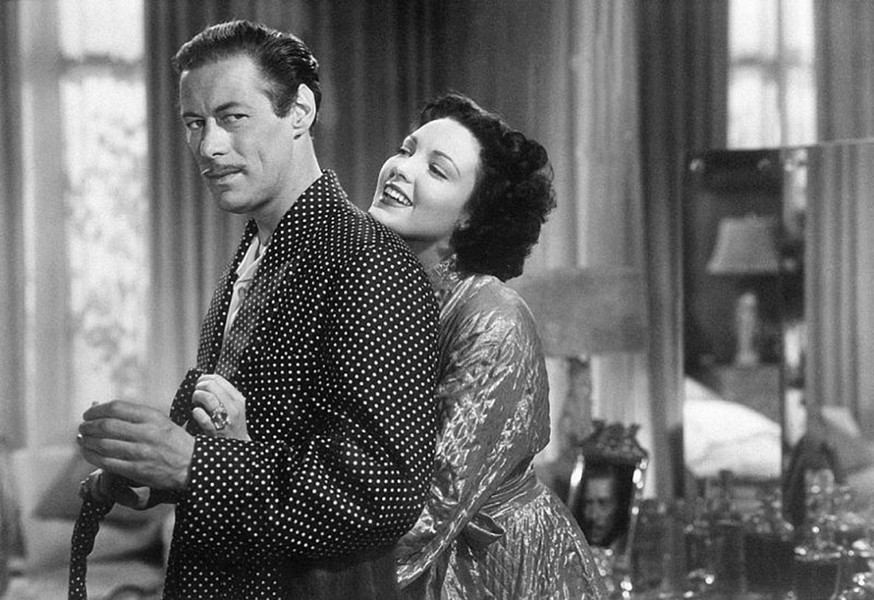The boy who became Sir Reginald Harrison was born on March 5, 1908, in Lancashire. His acting career began on the stage in his teens, and he was playing bit parts in films by 1930. He remained a stage actor until three weeks before his death, in 1990. On film, he carved out a special niche for himself, somewhat removed from such classically trained contemporaries as Laurence Olivier, John Gielgud, and Ralph Richardson. More comfortable with the modern idiom of George Bernard Shaw than with Shakespeare, Rex became, in Noel Coward’s words, “the greatest interpreter of high comedy in the world.”
Whether playing a soldier in the Salvation Army, a sometimes gentlemanly phonics teacher, a ghost, an orchestra conductor, an escaped criminal, a Roman emperor, a Muslim potentate, or a pope, Harrison brought rakish charm and quicksilver elegance to his roles. His gracefully animated speeches, his verbal musicality, and the naughty glimmer in his eye conveyed a multiplicity of meanings. He could be “Sexy Rexy” when appropriate; he could play off the regal connotations of being called Rex; he could “ooze charm from every pore”; and still, there was more. As Rex’s son, Professor Carey Harrison, has pointed out, behind the “comedic” performances was a hooded threat of danger. It manifests itself in his insouciance in The Rake’s Progress and his physical violence in Escape; it matures into a recurrent sense of menace behind the drollery of Julius Caesar and Henry Higgins—it is the subtly subversive alchemy of a great actor making his craft look all too easy. The Department of Film is delighted to present this sampling of Sir Rex’s work in the cinema.
Organized by Charles Silver, Associate Curator, Department of Film.
Special thanks to Martin Scorsese, Schawn Belston and Caitlin Robertson at Twentieth Century Fox, Ed Gallagher, Carey Harrison, and, most especially, to Lady Mercia Harrison.
